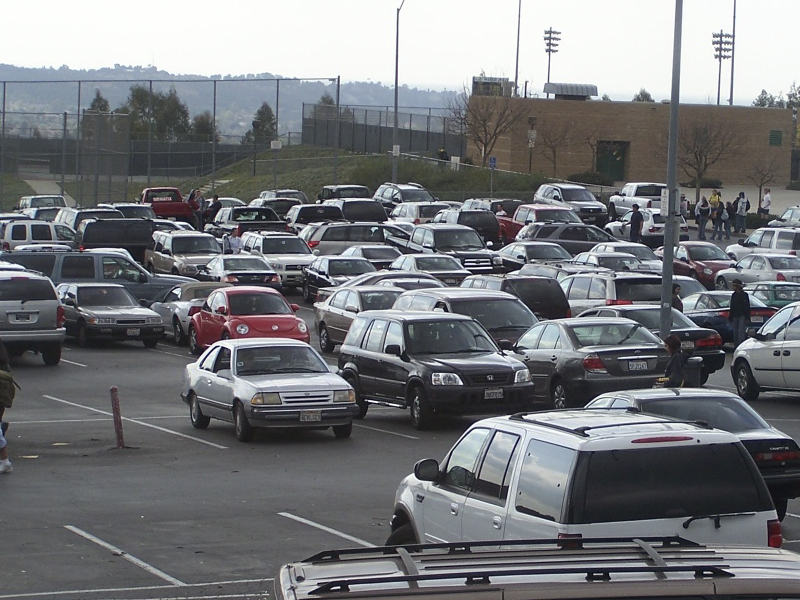
UC Riverside is now offering free or low-cost parking to visitors attending academic, outreach, student or cultural events on campus.
Free or low-cost parking is only available for student recruitment and outreach programs, colloquia, symposia, lectures, student club meetings, cultural and public service events. Campus departments will determine parking and other service requirements and may submit a request to include their own event in the program, which will be reviewed by Transportation and Parking Services (TAPS).
“I think that when we charge for parking for these types of events, we generally leave a bad taste in peoples’ mouths,” TAPS Director Greg Artman told UCR Today. “I believe that this program will help change these perceptions and that people will see that campus leadership really wants them to come and experience what we have to offer.”
Artman adds that the campus policy will not create additional administrative or financial burdens to UCR’s departments, colleges and administrative units. This parking policy is only available to guests and not the campus departments holding the event, which are still responsible for paying for extraneous event costs such as signs.
“This program is intended to increase our already strong engagement with our community by making it easier for visitors to participate in special events,” Chancellor Kim Wilcox said to UCR Today.
Ross French, office of strategic communications representative, explained that the policy was formerly enacted as a pilot program in January and is now in full effect. “Little will change from the perspective of the visitor. They will still see signage directing them to a lot closest to the venue and they will still receive a parking permit from the attendant at the event,” he said. “The only difference is that they will not pay for the parking.”
Some students, such as third-year media and cultural studies major Natalie Arredondo, felt opposed to the new policy. “I believe that is an irresponsible move on UCR’s part. Every commuter knows the hell of trying to find parking in Lot 30. If anyone deserves prices to be cut on parking, it’s the students who already pay thousands of dollars to attend there,” she said. “If UCR wants to focus on parking, they need to start thinking of building up; we need mall-type parking structures in lots closer to campus.”
Currently, there are an estimated 90 events per year that are eligible for the parking program, but TAPS hope to increase this number to 200. Two annual reports will also be delivered to campus officials in December and June to measure the program’s impact on community engagement.








